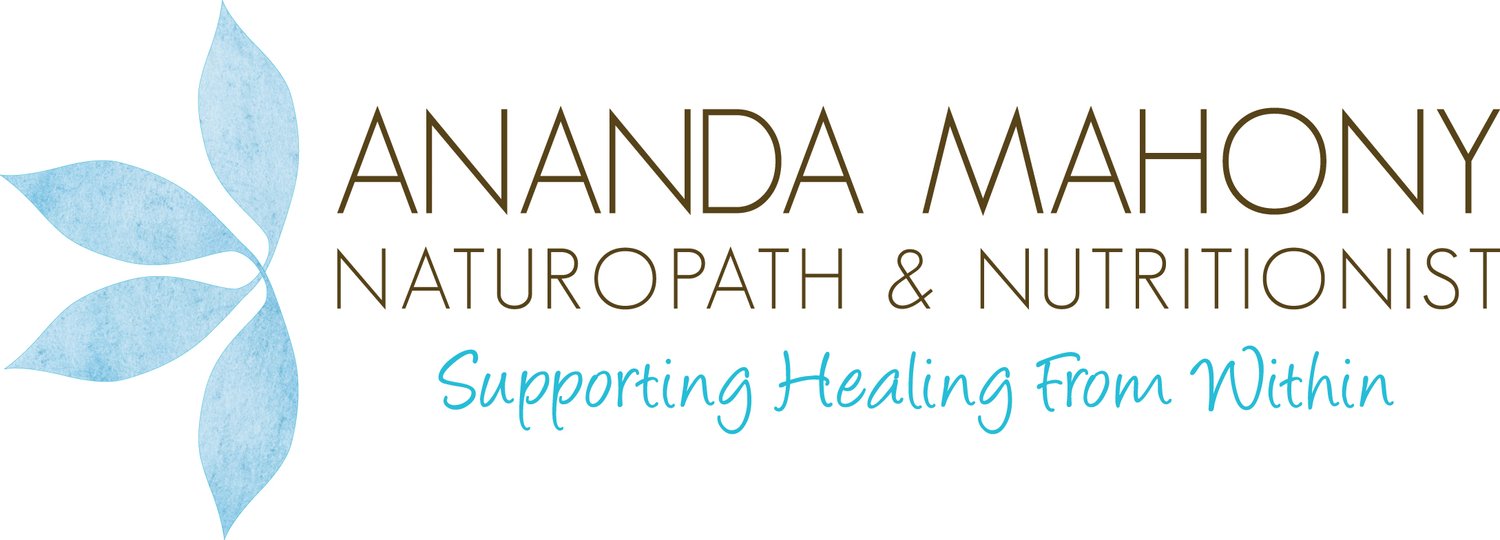Nutrition for psoriasis
When it comes to inflammatory skin conditions such as psoriasis, nutrition is a key factor in disease management and several studies are showing that the keto diet may be detrimental for psoriasis. The keto diet is a low carbohydrate diet with up to 50% of food intake from fats. It has gained popularity over the last decade, promoted for various conditions from Alzheimer’s to obesity. This eating pattern is popular but what are the effects on psoriasis?
Looking at research on this topic, one study showed that dietary saturated fats are a significant risk factor for amplification of skin inflammation in models of psoriasis (Herbet, et al., 2018). This effect occurs regardless of weight i.e., skin inflammation is heightened in both obese and healthy weight states. A reduction in dietary saturated fatty acids can dimmish this effect. It was also found that in a high-fat diet medium-chain triglycerides from coconut oil worsened skin inflammation, which goes to show that it is not the miracle oil it is touted as.
Interestingly, other studies have looked at the effects of high-fat diets based on healthier fats such as those from fish (omega 3), olive oil, nuts, seeds & avocado, and while it didn’t worsen skin inflammation, it also didn’t improve it (Locker et al., 2020).
Looking at the effects of omega 3s fatty acids in psoriasis, while it could be assumed that the anti-inflammatory effects of Omega 3 fish oil supplementation would benefit psoriasis, the research doesn’t back this up. While reports are mixed, no clinical benefit was found from a 2018 meta-analysis (Yang, S., et al, 2018). This was a bit of a surprise however, a trend towards benefit has been observed in diets rich in omega 3 fish (think SMASH – sardines, mackerel, anchovies, salmon & herring). It may be the case that those with a higher fish intake also have healthier eating patterns than those relying on fish oil supplements. In any case, think of food before supplements when it comes to the benefits of omega 3 with psoriasis.
The other issue regarding keto diets is that they are frequently not adhered to sufficiently. It is hard to forego carbohydrates, and many don’t realise how they creep back in effectively negating the benefits of a keto diet. Unfortunately, a high-fat diet with added carbohydrates has also been shown to have worse outcomes for psoriasis. This is in fact quite like a standard Western diet, which contains on average 30-35% fat with carbohydrates, a combination that certainly has the potential to promote skin inflammation in those with psoriasis and further progress condition severity.
While the research is pointing towards fats having a negative effect on inflammatory skin conditions such as psoriasis, it may be that other factors in the diet are protective. A Mediterranean style of eating, which is rich in plant foods, fish, extra virgin olive oil along with less processed food and red meat is emerging as a beneficial anti-inflammatory approach for those with psoriasis.
Take-home points for psoriasis:
Minimise saturated fats generally including red meat and coconut oil
Choose olive oil, avocado, SMASH fish instead
Benefit from the wide antioxidant profile and anti-inflammatory effect provided by the Mediterranean diet
If you are have psoriasis and don't know what to eat consider booking in with Ananda for a personalised dietary approach.
References:
Herbert, D., Franz, S., Popkova, Y., Anderegg, U., Schiller, J., Schwede, K., ... & Saalbach, A. (2018). High-fat diet exacerbates early psoriatic skin inflammation independent of obesity: saturated fatty acids as key players. Journal of Investigative Dermatology, 138(9), 1999-2009.
Locker, F., Leitner, J., Aminzadeh-Gohari, S., Weber, D. D., Sanio, P., Koller, A., ... & Lang, R. (2020). The influence of ketogenic diets on psoriasiform-like skin inflammation. The Journal of investigative dermatology, 140(3), 707-710.
Yang, S. J., & Chi, C. C. (2019). Effects of fish oil supplement on psoriasis: A meta-analysis of randomized controlled trials. BMC complementary and alternative medicine, 19(1), 1-9.

